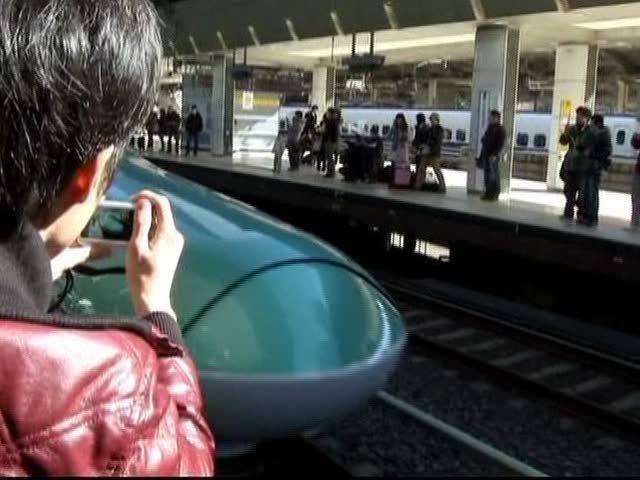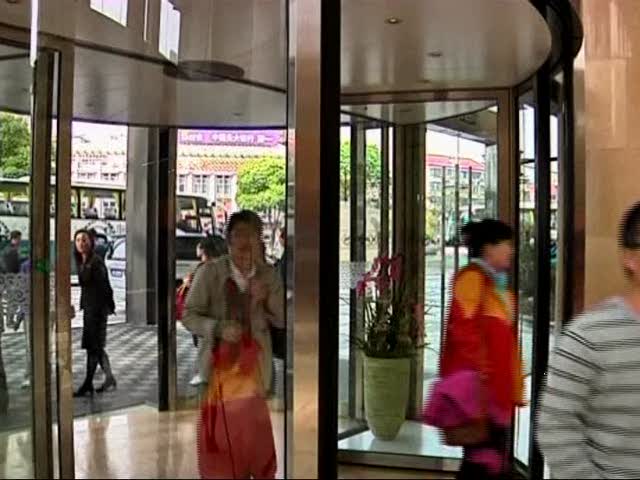Harmful tax schemes are widespread throughout the 10 countries due to join the European Union next year
Published:
23 July 2003 y., Wednesday
Harmful tax schemes are widespread throughout the 10 countries due to join the European Union next year and Poland, Lithuania and Malta have not done enough to phase them out, the European Commission has concluded.
In an internal report to EU governments, the Commission argues that all of the new members except Estonia and Latvia have corporate tax breaks that could frustrate the EU's internal market by diverting revenue and investments.
The report, dated June 5, highlights an alleged lack of transparency in Poland and Lithuania's low tax "special economic zones" and schemes in Malta that could be used by companies avoiding tax elsewhere.
The Commission asks EU governments to draw up a definitive "list of harmful measures of each acceding state to enable the respective countries to take the appropriate steps to roll back their harmful measures at the latest upon [their formal] accession [to the EU on May 1 2004]".
The EU has lost its chief source of leverage to ensure that its new members speedily comply, since it reached a binding deal with the 10 new entrants at a summit in Copenhagen last December.
The Commission identified one harmful tax measure in the Czech Republic, nine in Cyprus, two in Hungary, three in Lithuania, seven in Malta, two in Poland, five in Slovakia and one in Slovenia.
Many countries have agreed to phase out special deals for offshore companies or to clear up rules for investment promotion schemes, but the Commission notes that Poland disagrees with its assessment of its 14 special economic zones.
The country has already revised the rules to allow Polish companies to benefit as much as foreign companies and to cap tax breaks at 50 per cent of costs. "We have no complaints from the Commission and the Commission has no problems with any of the enterprises set up in the zone," Danuta Hubner, Poland's Europe minister, said yesterday. "This was all agreed at the Copenhagen summit, when the enterprises were given long transition periods."
Šaltinis:
news.ft.com
Copying, publishing, announcing any information from the News.lt portal without written permission of News.lt editorial office is prohibited.
The most popular articles
 Most EU countries continue to meet deadlines for incorporating single market rules into national law, contributing to economic growth and job creation.
more »
Most EU countries continue to meet deadlines for incorporating single market rules into national law, contributing to economic growth and job creation.
more »
 Japanese officials unveil their new bullet train, capable of travelling at speeds of 320 km per hour (198 miles per hour).
more »
Japanese officials unveil their new bullet train, capable of travelling at speeds of 320 km per hour (198 miles per hour).
more »
 The first International Security Technology Exhibition, KIPS 2011, will be held on 23-26 February 2011 in Kiev (Ukraine). The motto of the exhibition is ‘There can never be too much security!’
more »
The first International Security Technology Exhibition, KIPS 2011, will be held on 23-26 February 2011 in Kiev (Ukraine). The motto of the exhibition is ‘There can never be too much security!’
more »
 The world's highest restaurant opens in Dubai, United Arab Emirates, located 400 metres above ground in Burj Khalifa, the world's tallest tower.
more »
The world's highest restaurant opens in Dubai, United Arab Emirates, located 400 metres above ground in Burj Khalifa, the world's tallest tower.
more »
 The rights of consumers will be clarified and updated, whether they shop at a local store or buy goods on line, under new EU rules as amended by the Internal Market Committee on Tuesday.
more »
The rights of consumers will be clarified and updated, whether they shop at a local store or buy goods on line, under new EU rules as amended by the Internal Market Committee on Tuesday.
more »
 MEPs on Wednesday gave their green light for the Council to conclude an Interim Economic Partnership Agreement with Papua New Guinea and Fiji, two countries of the Pacific Region with significant exports to the EU.
more »
MEPs on Wednesday gave their green light for the Council to conclude an Interim Economic Partnership Agreement with Papua New Guinea and Fiji, two countries of the Pacific Region with significant exports to the EU.
more »
 Report sets 10 priorities for tackling the bloc's main economic challenges, launching the first ever ‘European semester'.
more »
Report sets 10 priorities for tackling the bloc's main economic challenges, launching the first ever ‘European semester'.
more »
 China's first capsule hotel ready to open its doors in Shanghai, aims to capture slice of booming leisure budget travel market.
more »
China's first capsule hotel ready to open its doors in Shanghai, aims to capture slice of booming leisure budget travel market.
more »
 Declaration by Michel Barnier on the start of three new authorities for supervision.
more »
Declaration by Michel Barnier on the start of three new authorities for supervision.
more »
 On 1 January, Estonia adopted the euro as its official currency and the changeover is running smoothly and according to plan.
more »
On 1 January, Estonia adopted the euro as its official currency and the changeover is running smoothly and according to plan.
more »